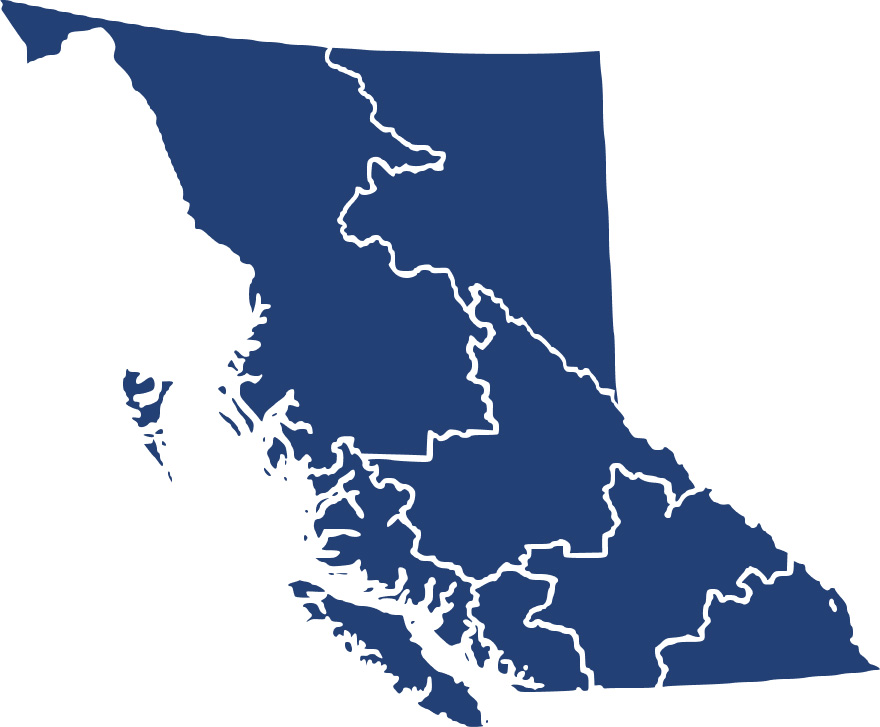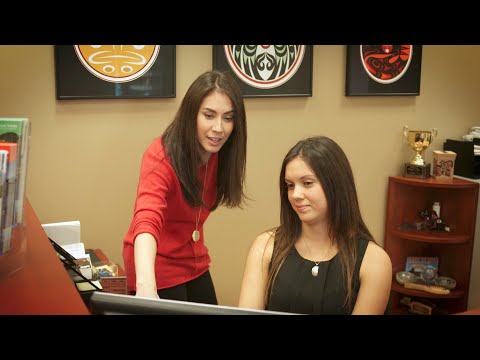Career Overview
Receptionists work in hospitals, medical and dental centres, private businesses and public sector organizations. They greet visitors, answer phones, schedule appointments and perform other clerical duties.
This group includes hospital admitting clerks, switchboard operators, telephone and answering service operators and desk clerks.
Duties
- In general, receptionists:Answer telephones and route calls
- Greet visitors
- Provide information in person and by telephone
- Receive, sort, prioritize, track and distribute incoming mail and courier packages
- Send outgoing mail and packages
- Help with catering
- Order office supplies
- Solve issues with facilities, office equipment and supplies
- Make appointments and travel arrangements for staff
- Book meetings and conference rooms
In some offices, receptionists maintain front desk security and security access lists.
Specific types of receptionists will also have duties relevant to their industry.
Hospital admitting clerks interview patients coming into the hospital to collect and process their information.
Medical and dental receptionists schedule appointments, as well as receive and record payment for services.
Answering service operators answer telephones, and record and forward messages.
Switchboard operators operate a telephone system or switchboard, screen and forward telephone calls, take messages and provide information, and may perform clerical duties.
Telephone operators operate telephone systems and connect customers, forward calls to and from persons with disabilities, and may calculate and record billing information.
Reception desk clerks record bookings, check credit cards, receive payments and issue receipts, and arrange tour reservations.
Earnings
Earnings is income that workers receive in exchange for their labour. Depending on the type of employment, earnings can be in the form of wages (hourly), salaries (fixed monthly or annual) or self-employed earnings.
Work Environment
# Workers Employed
22,530% Employed Full Time
36%Most receptionists work in office settings. Hours are generally Monday to Friday.
Receptionists spend much of their time sitting at their computers which can put stress on their neck, back, shoulders and eyes. Headsets are often required since a lot of time is spent answering the telephone.
Receptionists are often interrupted in their work with requests from the public, staff and management.
They are also expected to manage many tasks at the same time, and often work in busy, noisy offices.
Career Pathways
With experience, receptionists can move into supervisory positions or go on to become office managers, administrative assistants or executive assistants.
Related Careers
Occupational Interests
It’s important to understand what kinds of occupations align with your interests.
For more about occupational interests visit Skills for the Future Workforce > Characteristics.
Here are the top occupational interest(s) for this career profile:
Job Titles
Education, Training and Skills
Completion of secondary school is required. On-the-job training may be provided by the employer.
Some employers may want receptionists to be bilingual or multilingual.
Designation as a Canadian Certified Administrative Professional (CCAP) may be helpful.
Education programs in B.C.
The following program areas are related to this occupation:
- Dental Related
- Medical Office/Administrative Related
- Computing/Office Automation Related

Skills
Every job calls for a certain set of skills. Knowing those skills is the first step in finding a good career fit.
Here, you will find the 10 most relevant workplace skills. Some are more important to achieving success in a certain career than others. These skills may come naturally to you or you may need to gain them through education, training and experience.
See the list of work-related skills below, ranked in order of importance for this career. Check out the list and see if this career matches your skills—take that first step!
Giving full attention to what other people are saying, taking time to understand the points being made, asking questions as appropriate, and not interrupting at inappropriate times.
Talking to others to share information effectively.
Actively looking for ways to help people.
Being aware of others’ reactions and understanding why they react as they do.
Understanding written sentences and paragraphs in work-related documents.
Using logic and reasoning to identify the strengths and weaknesses of alternative solutions, conclusions or approaches to problems.
Adjusting actions in relation to others' actions.
Communicating effectively in writing as appropriate for the needs of the audience.
Keeping track of and assessing your performance, other individuals, or organizations to make improvements or take corrective action.
Managing one’s own time and the time of others.
Labour Market Statistics
Discover data, facts and information that have been gathered and analyzed. Learn about the characteristics of the economy and labour market in B.C.
Employment
Find out about employment types and trends by region and industry.
Employment
22,530Employment by Region















| Region | Employment | % Employment of this Occupation |
|---|---|---|
| Cariboo | 800 | 3.6% |
| Kootenay | 605 | 2.7% |
| Mainland/Southwest | 13,825 | 61.4% |
| North Coast and Nechako | 415 | 1.8% |
| Northeast | 250 | 1.1% |
| Thompson-Okanagan | 2,825 | 12.5% |
| Vancouver Island/Coast | 3,805 | 16.9% |
Labour Market Outlook
The B.C. Labour Market Outlook is a 10-year forecast of the expected supply and demand for labour in the province. It’s usually updated every year. The purpose is to provide British Columbians with the knowledge to make informed decisions on careers, skills training, education and hiring.
Forecasted Job Openings (2023-2033)
8,780Forecasted Job Openings
Forecasted Employment Growth Rate
Composition of Job Openings
Job Openings by Region (2023-2033)















| Region | Job Openings | Avg. Annual Employment Growth |
|---|---|---|
| Cariboo | 270 | 0.5% |
| Kootenay | 240 | 1.0% |
| Mainland/Southwest | 5,120 | 1.5% |
| North Coast and Nechako | 130 | 1.0% |
| Northeast | 70 | 0.4% |
| Thompson-Okanagan | 1,280 | 1.4% |
| Vancouver Island/Coast | 1,670 | 1.5% |
Industry Highlights
Learn about the opportunities in B.C.'s major industries, including employment trends, earning potential, locations of work and more.
Forecasted Job Openings by Industry
| Industry | Job Openings (2023-2033) |
|---|---|
| Health Care And Social Assistance | 5,570 |
| Repair, Personal And Non-Profit Services | 590 |
| Professional, Scientific And Technical Services | 590 |
| Retail Trade | 430 |
| Information, Culture And Recreation | 300 |
Insights from Industry
As companies become more streamlined and technology continues to evolve, the role of the receptionist has changed. Many companies now use digital portals, such as iPads or tablets, to augment the traditional receptionist position.
The receptionist position is a good entry-level role for those wanting to pursue other administrative professional roles.
Resources
-
Association of Administrative Professionalswww.canadianadmin.ca









